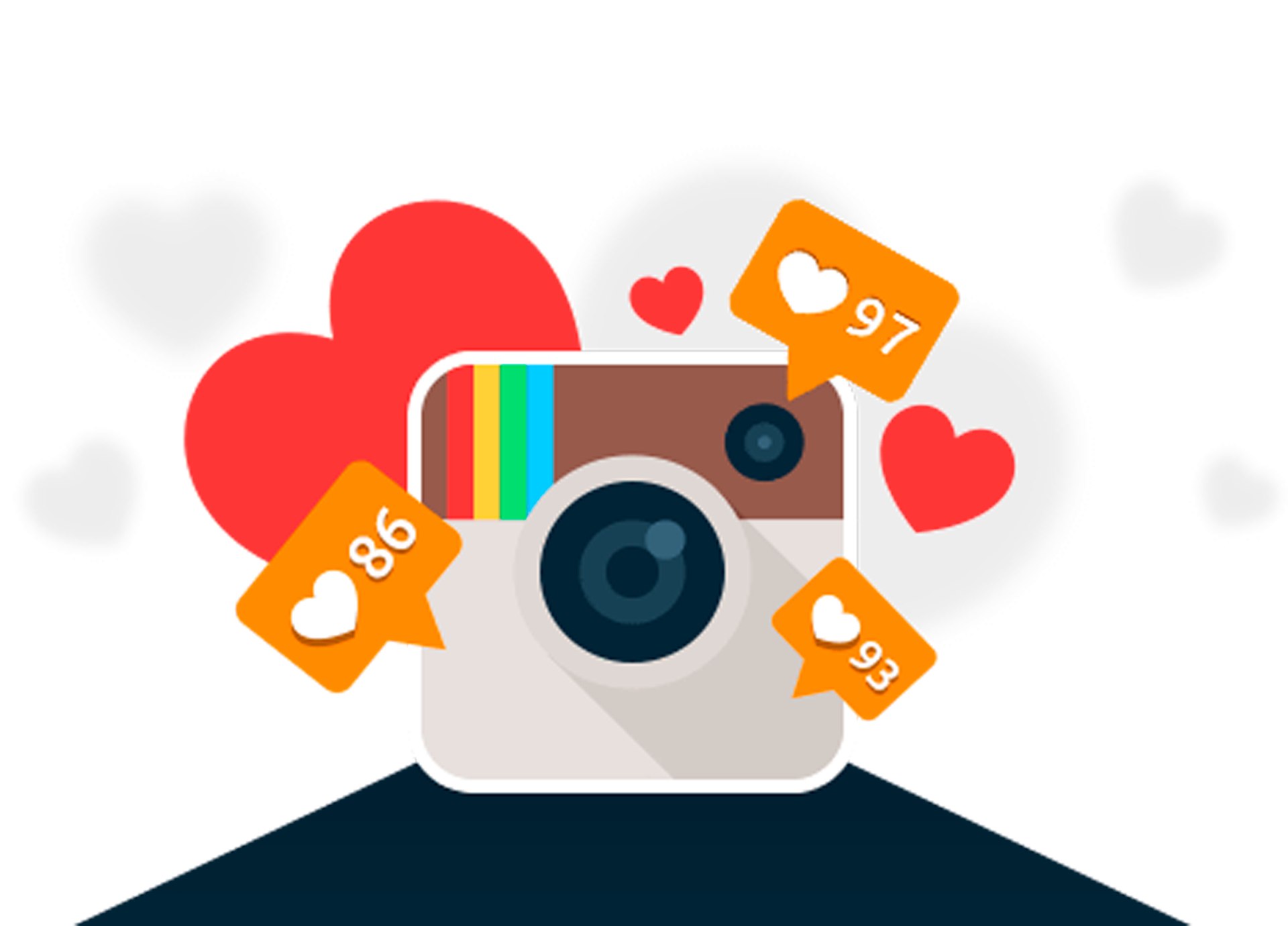Instagram, the visual-centric social media platform, has revolutionized the way we share moments, connect with others, and build communities. At the heart of this digital landscape lies the humble yet potent feature: the like button. In the following exploration, we delve into the multifaceted nature of Instagram likes, examining their influence, significance, and the implications they hold in our online and offline lives.
The Currency of Validation: Instagram likes serve as a form of social currency, offering instant validation and affirmation to users. Each double tap signifies approval, acknowledgment, and acceptance, fueling a sense of worth and belonging in the digital realm. For many, the pursuit of likes becomes synonymous with seeking validation, with the number of likes often equated to one’s popularity or social standing. However, this pursuit can also lead to a cycle of validation-seeking behavior, fostering dependency on external validation for self-worth.
The Illusion of Authenticity: While likes can boost one’s self-esteem and social presence, they also contribute to the perpetuation of curated realities and the illusion of perfection on Instagram. The pressure to garner likes often prompts users to meticulously craft and stage their posts, presenting a polished version of their lives that may not necessarily reflect reality. In this pursuit of likes, authenticity can be sacrificed, leading to a disconnect between genuine expression and performative content.
Mental Health Implications: The relentless quest for likes and the comparison culture fostered by Instagram can take a toll on mental health. Studies have linked excessive social media use, driven by the desire for validation through likes, to increased feelings of anxiety, depression, and low self-esteem, particularly among young users. The constant comparison to others’ highlight reels can breed feelings of inadequacy and fuel a cycle of negative self-perception, perpetuating a harmful feedback loop.
Shifting Perspectives and Digital Well-Being: As awareness grows regarding the impact of social media on mental health, individuals and platforms alike are reevaluating the significance of likes and their role in fostering a healthier digital environment. Initiatives such as Instagram’s experiments with hiding like counts aim to shift the focus away from metrics-driven validation and toward meaningful engagement and connection. Emphasizing quality over quantity, this shift encourages users to prioritize genuine interactions and content that resonates authentically, promoting greater digital well-being.
Conclusion: Instagram likes wield immense power, serving as both a source of validation and a catalyst for the perpetuation of curated realities. However, their influence extends beyond the digital realm, impacting users’ mental health and self-perception. As we navigate the evolving landscape of social media, it’s crucial to cultivate a balanced perspective, recognizing the value of genuine connection over likes, and prioritizing digital well-being above all else.
